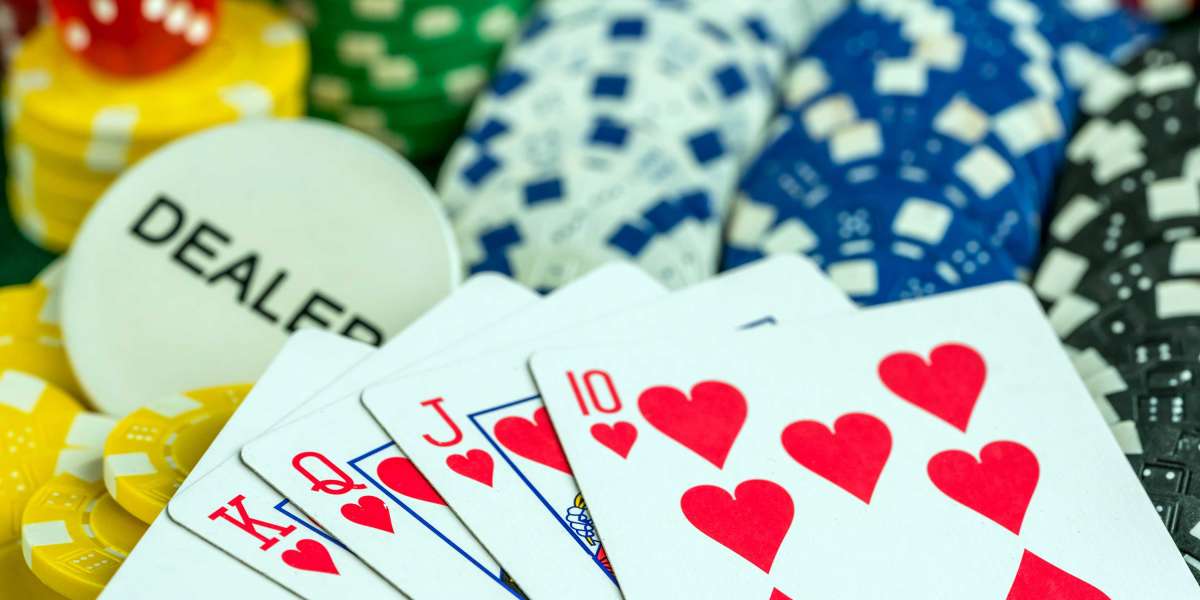Logical thinking suggests that the 10 euro deposit casino wouldn't stock their floors with rows of slot machines if they weren't cash cows, yet many gamblers find themselves drawn in by the sounds, colors and symbols on the reels which trigger dopamine releases in their brains.
Symbols
Flashing lights and sounds associated with winning a jackpot trigger an enormous release of dopamine in the brain, acting as an effective motivator to keep players playing for longer.
Slot machines employ many psychological strategies to draw players in, including near-misses and an illusion of control. Furthermore, variable ratio schedules increase payout frequency. This makes the experience unpredictable and exciting while encouraging players to keep pressing spin.
One way to understand how slot machines create psychological addiction is through studying habit formation. This has long been an issue in gambling research, yet methods for studying slot machine habits remain limited. A recent study saw participants playing a simulated real slot machine over three sessions; each session they gambled 200 trials; as the number of sessions increased so did gambling speed - though betting tended to slow following larger wins.
Payouts
Slot machines rely on psychological tactics to keep players hooked, including near-misses and the illusion of control - both proven to increase players' desire to keep gambling. Near-misses activate similar parts of the brain as actual wins and make people believe that with just a bit more effort or strategic change they may overcome losses.
Psychological effect made even stronger by gambler's fallacy - convincing players that an outcome not yet seen may happen soon - leading to compulsive gambling and lost money.
Researchers conducted a study with participants playing a simulated slot machine to better understand these strategies. Participants completed a Comprehensive Psychogeriatric Gambling Inventory (CPGI), along with questionnaires regarding affect, trait characteristics and gambling attitudes prior to beginning play on the machine. Furthermore, they completed brief tasks before and after their session at the slot machine.
Bonus rounds
Slot machines' bright lights and seductive sounds can easily put players into an addictive state that causes them to lose track of both time and money. But understanding their psychology will allow players to control their gambling behavior and prevent addiction from developing.
Gamification and bonus rounds have enhanced the entertainment value of slot games, encouraging players to stay longer. They tap into our natural human desire for progress and accomplishment, leading to higher engagement levels from players. They allow for control over bet amount, number of lines spun at one time and whether or not a'stop' button should stop spinning at any point - something no other form of casino gaming offers!
Research demonstrates that near-misses produce similar brain responses as actual wins, leading gamblers to think they're on the brink of an important win and encouraging them to keep playing even after they've experienced losses. This false promise of success encourages gamblers to keep wagering even when their bankroll has decreased substantially.
Theme
Modern slot machines are specifically tailored to appeal to players on a psychological level, using elements like visual and auditory stimulation, immediate rewards, variable rewards and reinforcement, near misses and cognitive biases to entice players. Understanding these factors will allow you to identify their allure while playing responsibly.
Dopamine release triggers a rush of dopamine in the brain, encouraging players to keep playing slot machines. Furthermore, many people develop rituals around their gambling habits, such as pulling with specific force or tapping the screen in a specific manner; such rituals create an illusion of control even though slot machines are entirely random.
Slot machine themes can make the experience even more compelling by including familiar or memorable characters that appeal to gamblers, whether that's people, places, board games, video games or television shows they identifie with or like.



